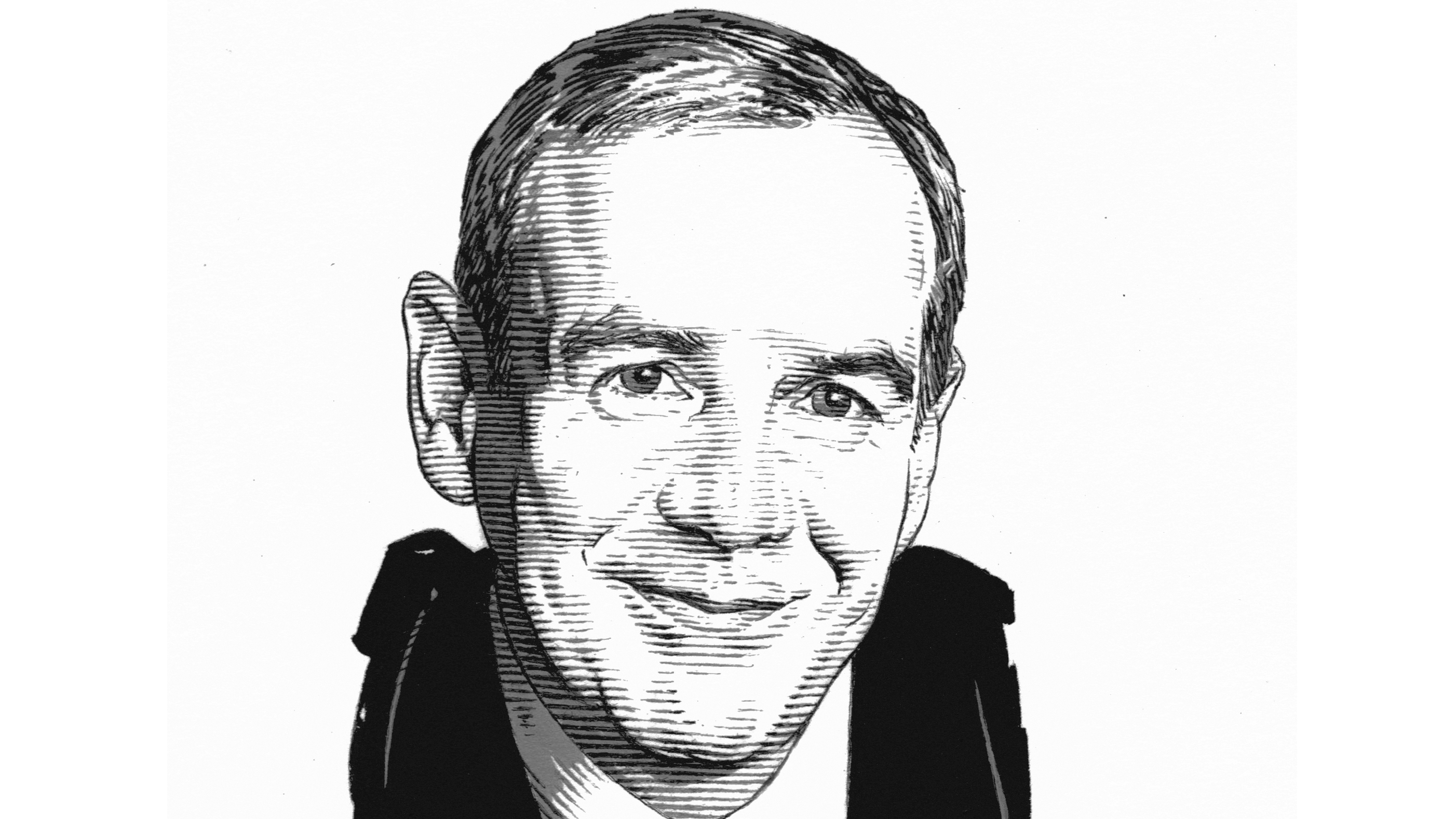Clients want a better deal in exchange for their data

The future for successful banks, we keep being told, is better data. But to get more of it, banks need to do a deal with their customers.
Banks could do a lot more business if they were able to target their products better. They need to know more about their customers and be engaged with them at exactly the moment when a purchase is imminent.
In order to achieve that banks need their customers to provide them with more data of various types. Data that would be highly beneficial includes knowing where customers are located and where they are travelling to; how they browse the web and use social media; what they think about different brands and what they say to competitors; their hobbies and their interests.
Banks have always demanded data from their customers such as name and address, date of birth, occupation, gender etc as a condition for opening an account and receiving other services. But in an age in which consumers are focussed on privacy, banks need to be clear about how they will use even this basic data as well as what they will do with any additional information they collect. In the main, customers expect that if they provide extra data it somehow results in a better deal. ‘No deal, no data’ is the modern mantra.
Customers expect that if they provide extra data it somehow results in a better deal
A new study from Deloitte surveyed 2,000 US consumers and found that they would be more willing to share financial information if they knew how it would be used; they retain control over what is collected; and they get some benefit in return. The study found that young people are more willing to share data than older generations and that men are more amenable to giving up their data than women.
The survey revealed that what data customers are prepared to part with depends on the specific circumstances. For example, providing live location data to car insurers to help assess risk does not seem too much of a problem if there is a deal on offer. But monitoring the quality of their driving in terms of speed, turning, and braking, and whether or not they use their mobile phone when driving, meets with greater resistance especially among older drivers. In general, requests to monitor social media, web activity and emails present challenges but these can be overcome if the terms and conditions are right.
Many banks are behind the curve in putting these kinds of exchanges together. They have a standard privacy agreement which applies to everything and may not have been changed in years. Each bank needs to start figuring out what specific data would enhance its business and what customers would need in return to part with it. Only then can the data future of banking truly start to arrive.
Brian Caplen is the editor of The Banker. Follow him on Twitter @BrianCaplen
Register to receive my blog and in-depth coverage from the banking industry through the weekly e-newsletter.


